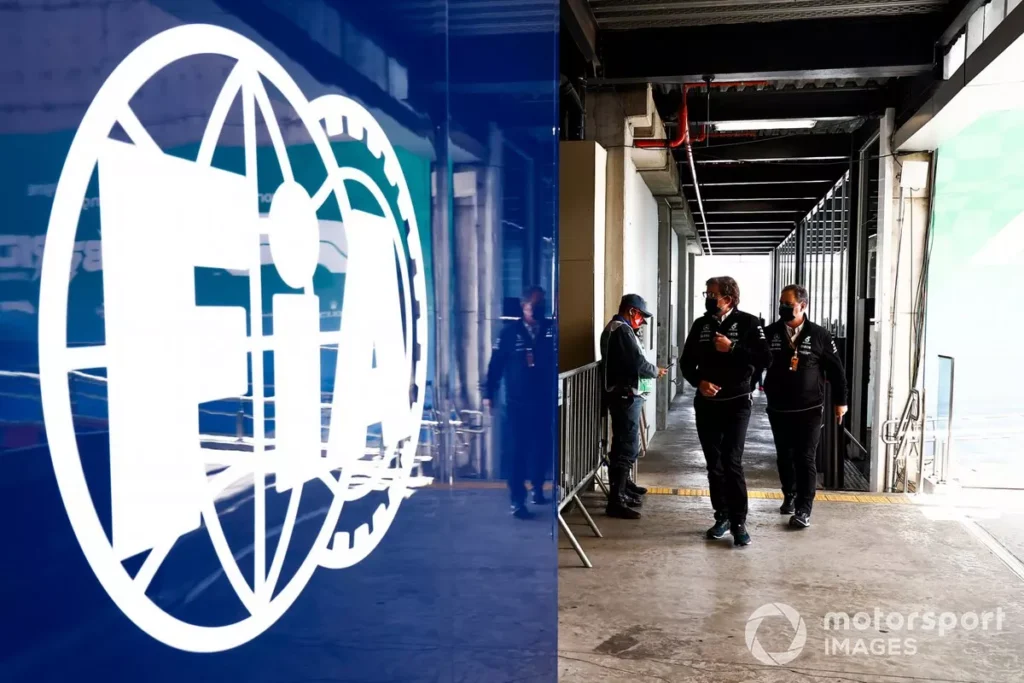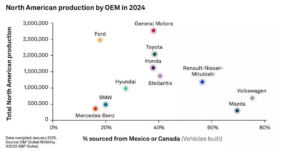Is Mohammed Ben Sulayem’s Thirst For Power Best For The FIA?


The Fédération Internationale de l’Automobile (FIA), under the leadership of President Mohammed Ben Sulayem, has recently faced significant scrutiny due to a series of controversial decisions and perceived power consolidations. Critics argue that these actions lack a solid strategic foundation and serve more to bolster Ben Sulayem’s authority than to benefit the motorsport community.
Ad-Hoc Decisions and Random Acts
One of the most contentious moves has been the FIA’s introduction of stringent penalties for drivers using offensive language or criticizing the governing body. Starting this season, a first offense can result in a €40,000 fine, escalating to €120,000, a one-month ban, and deduction of championship points for repeated infractions within a two-year period. Drivers have expressed shock and concern, noting that they were not consulted before these rule changes. Max Verstappen and Charles Leclerc have previously been fined for swearing, highlighting the FIA’s increasing intolerance for such behavior. citeturn0news30
Additionally, the FIA has approved controversial rule changes that increase the power of President Ben Sulayem. Both the FIA ethics and audit committees have had their powers stripped back, giving greater control to Ben Sulayem. This move has raised concerns among F1 teams and drivers, especially following a mass exodus of key staff from the FIA and several sudden dismissals. citeturn0search12
Favoritism and Power Consolidation
Ben Sulayem’s tenure has been marked by allegations of favoritism and efforts to consolidate power. Notably, the FIA has confirmed whistleblower complaints against the president regarding interference in the outcomes of the 2023 Saudi Arabian and Las Vegas Grand Prix races. These allegations have raised serious questions about the integrity of F1’s governance. citeturn0search33
Furthermore, the FIA has implemented changes to its governance structure, effectively ring-fencing Ben Sulayem from certain accountability measures. This move has been met with concern from F1 teams, who view it as a consolidation of power that could undermine the sport’s integrity. citeturn0search20
Influence of Saudi Arabia and Other Oil-Producing Nations
Saudi Arabia’s influence in motorsport has grown substantially in recent years. The Saudi government holds a 95% share in oil company Aramco, which has established a global partnership with Formula One worth £378 million over ten years. When combined with race fees, Saudi Arabia ranks among the biggest contributors to Formula One’s finances. citeturn0search3
Critics argue that this financial involvement is part of a broader strategy by oil-rich nations to gain control and power within international sports organizations, including the FIA. Concerns have been raised about potential conflicts of interest and the ethical implications of such deep financial ties. citeturn0search11
Conclusion
The FIA’s recent actions under President Mohammed Ben Sulayem have sparked widespread debate within the motorsport community. The combination of controversial rule changes, allegations of interference, and the growing influence of oil-producing nations has led to concerns about the organization’s direction and governance. As these developments continue to unfold, stakeholders are calling for greater transparency and accountability to ensure the integrity of motorsport is upheld.
navlistFIA’s New Penalties Stir Controversy Among F1 Driversturn0news29,turn0news30,turn0news31






